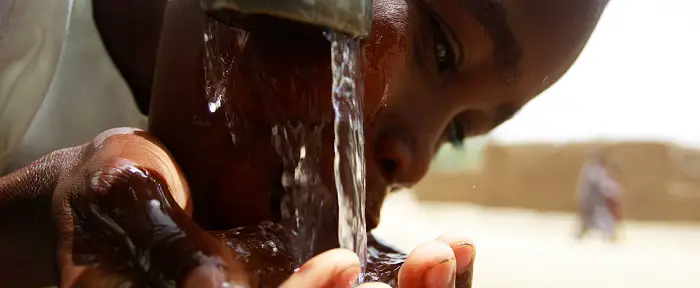Nigeria should spend approximately $150Bn a year to deliver universal safe water and sanitation; this is according to the World Bank. The released report pointed out that Nigeria provided piped water to fewer than 10% of city dwellers in 2015. This is a decrease from 29% that was recorded 25 years earlier.
According to the reports, better coordination as far as investments are concerned. This is to ensure services reach the most vulnerable. Furthermore, governments need to engage the private sector more closely to meet the high costs.
Also read: UNESCO, Water experts partner to achieve SDGs water agenda in Nigeria
Proper sanitation
The high cost of clean water risks the ability of countries to meet the United Nations’ Sustainable Development Goal. The goal seeks to provide access to safe and affordable sanitation for all by 2030. According to the report more than three quarters of those without piped water supplies live in rural areas. in addition, only 20% of these can access improved sanitation. In cities, poor people are up to three times less likely to have piped water than people in better off areas.
Nigeria’s Country Director for the World Bank, Rachid Benmessaoud said that the water and sanitation services need to improve. This, according to him, is to prevent looming consequences on health and well-being. He further urged governments to better inform people and encourage more household water treatment.
Providing piped water in cities could generate economies of scale. This is according to the bank as it urged greater private-sector involvement in urban water provision. That is more so the case in areas where recovering costs may be easier. Researchers, decision makers and aid specialists are meeting in Stockholm for the annual World Water Week. The platform will will focus on how to reduce waste in water use.
Water and sanitation improvements should be linked to with the health program to better tackle disease and malnutrition, said the World Bank report.

Leave a Reply